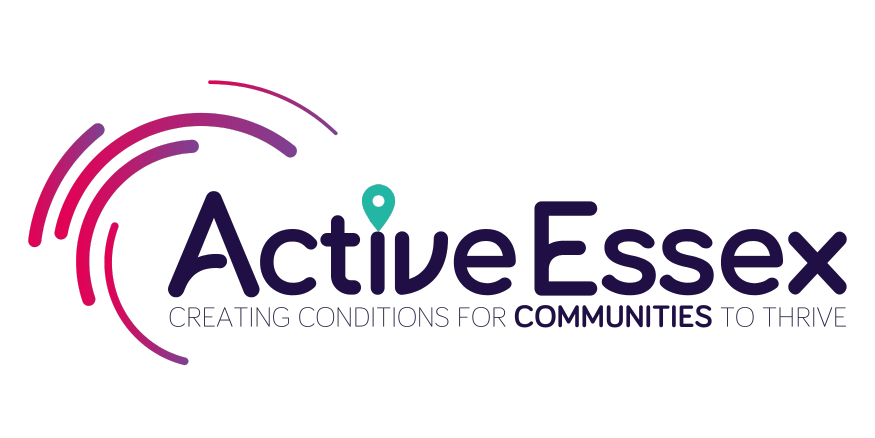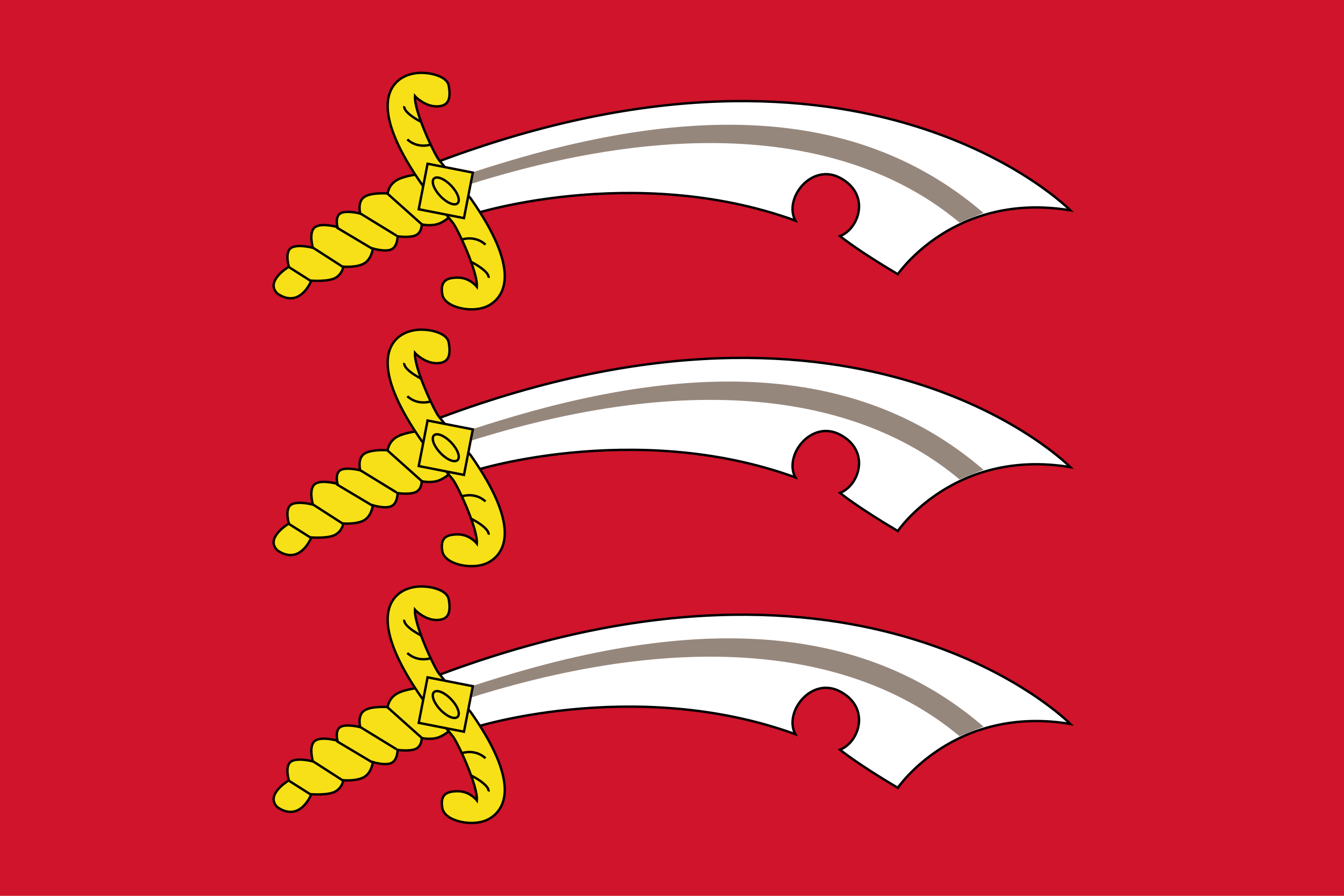Zoe Amar: How the cost-of-living crisis will affect digital inclusion
Posted on: November 7, 2022
The scale of the cost-of-living crisis is gradually becoming clear. Nearly 11 million people are behind on their bills, and five million have gone without food so they can meet their outgoings.
This winter people will have to make horrendous choices between heating and eating.
They will also have to choose between these essentials and the lifeline that their phone or laptop represents. Six million UK households are struggling to pay their mobile, landline and broadband bills.
Many charities developed digital services during the pandemic, with 53 per cent offering new online services, according to the Charity Digital Skills Report.
So how are these issues likely to affect the people who the sector supports, and what can we do about it?
The sight-loss charity the RNIB is growing concerned about how the digital divide is affecting the people it helps.
Sophie Dodgeon, the charity’s head of policy and public affairs, says the squeeze on household budgets also means that its beneficiaries will struggle to afford assistive technology, such as screen readers or video magnifiers.
This is causing high levels of worry and anxiety.
“Without this technology, many blind and partially sighted people will be more isolated socially, and be less likely to be able to find the best money‐saving deals or choose the cheapest options,” says Dodgeon.
Scottish social innovation charity People Know How is also worried.
It works with low income families affected by the poverty premium, which means paying more for essential goods and services.
This can result in people being pushed into data poverty when they do not have the time or resources to research different internet packages.
Claudia Baldacchino, communications and digital manager at the charity, told me: “This is because data and digital should be seen as a basic human right – something we’ve made an action point in our Connectivity Now campaign to end data poverty.”
Stories such as these show how digital inclusion is a multifaceted issue. People need more than devices.
They also need an internet connection and the digital skills to get online and make the most of the opportunities it offers.
The RNIB is combatting this issue by adding additional funded items to get blind and partially sighted people online as part of its grants offer.
The charity is also providing information and advice about accessing and using digital technologies via its Technology for Life team, as part of its Sight Loss Advice Service to people with who are blind or partially sighted, as well as their families, friends and professionals from the sight-loss sector.
Good Things Foundation has resources to help charities that are concerned about digitally excluded beneficiaries.
The foundation has set up the National Databank, which offers free mobile connectivity data for those who need it across the UK.
Charities can also join Good Things Foundation’s Online Centres Network, organisations across the UK that help people get online and use the internet.
Helen Milner, chief executive of the foundation says: “With the network’s support, community organisations can provide free mobile connectivity data, digital skills support and, in the longer term, a refurbished device.”
Milner and her team are also calling for the government to remove VAT from broadband social tariffs and pass on the cost saving to the consumer.
This winter is going to be difficult for many of the people charities support.
As well as working with organisations such as Good Things Foundation, the best thing we can all do is keep the spirit of collaboration going across the sector that we saw during lockdown.
The more we can all learn from each other about how digital exclusion continues to affect people, the better an understanding we will have of the issue. And that’s exactly what’s required if we are to lobby for effective change.
The digital divide should be back on everyone’s agenda again, because it never really went away.
Digital inclusion is a social justice issue, and we need to champion the right for everyone to get online so they can benefit from the information, advice and services they need to improve their lives.



Leave a Reply
You must be logged in to post a comment.